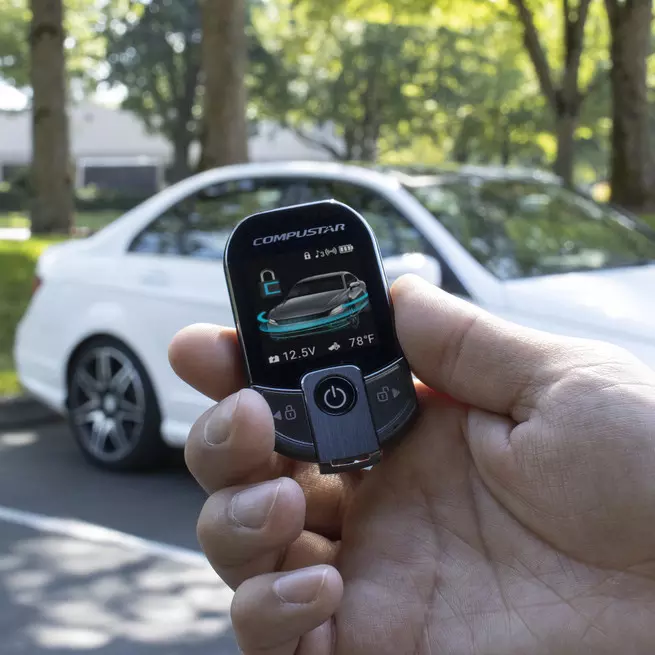Remote car starters, a technology once considered a luxury, have significantly improved in recent years, evolving into a convenient and highly sought-after feature for many vehicle owners. This article delves into the various advancements that have shaped modern remote car starters, highlighting their improved functionality, integration with smart technology, enhanced security features, and overall impact on the automotive industry.
How Remote Car Starters Have Improved in Recent Years
Evolution of Functionality
In the early days, remote car starters were basic devices allowing drivers to start their vehicles from a short distance. This was primarily to warm up the car in cold weather or cool it down in summer. However, recent advancements have dramatically expanded their functionality. Modern remote starters can now activate air conditioning, defrost systems, and even heated seats. This enhanced capability provides an unprecedented level of comfort and convenience, especially in extreme weather conditions.
Integration with Smart Technology
Perhaps the most significant leap in remote car starter technology is its integration with smart devices. Initially, these systems were limited to a key fob with a limited range. Today, many remote car starters are accessible via smartphones, allowing vehicle owners to start their cars from virtually anywhere with a cellular or internet connection. This connectivity extends to smart home systems, enabling users to start their vehicles through voice commands using devices like Amazon Alexa or Google Home.
Apps designed for remote starters often include features like vehicle location tracking, customizable start times, and the ability to monitor vehicle status. This integration with smartphones and smart home devices has fundamentally changed how users interact with their vehicles, providing a level of convenience and control that was unimaginable a few years ago.
 Enhanced Security Features
Enhanced Security Features
With the advancement of technology, there have been concerns about the security of remote car starters. Manufacturers have addressed these concerns by implementing robust security features. Modern systems include encrypted signals to prevent hacking and unauthorized access. Some advanced models even notify the owner if the vehicle is tampered with or moved without authorization.
Additionally, many remote start systems are now designed to shut off the engine if the brake pedal is pressed without the key in the ignition. This feature ensures that the vehicle cannot be driven away without the proper key, providing an extra layer of security against theft.
Environmental and Economic Impact
Remote car starters have also adapted to be more environmentally friendly. Newer models are designed to minimize fuel consumption and emissions during idle periods. This is not only beneficial for the environment but also helps car owners save on fuel costs.
Furthermore, the convenience of pre-warming or cooling the car can lead to less wear and tear on the engine and climate control systems. This can potentially extend the life of these components, leading to long-term cost savings for the owner.
Industry Implications and Future Prospects
The advancements in remote car starter technology reflect a broader trend in the automotive industry towards greater connectivity and user-focused features. These developments have opened up new market opportunities for manufacturers and tech companies alike. The competition to provide more innovative and user-friendly features is driving rapid advancements in this field.
Looking to the future, we can expect remote car starters to become even more integrated with vehicle diagnostics and maintenance systems. The possibility of remotely diagnosing vehicle issues or scheduling maintenance appointments through a smartphone app is on the horizon. Moreover, as electric vehicles gain popularity, remote starters are likely to adapt to manage battery charging and vehicle range optimization.
In conclusion, the evolution of remote car starters over recent years is a testament to the rapid technological advancements in the automotive sector. From simple devices designed to start a car from a distance, they have transformed into sophisticated systems integrated with smart technology, enhancing vehicle security, convenience, and environmental sustainability. As we look forward, the continued innovation in this field is not only exciting for car enthusiasts and tech-savvy consumers but also indicative of the dynamic nature of automotive technology and its impact on our daily lives.
